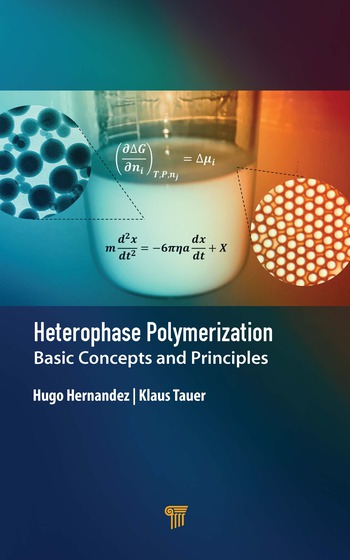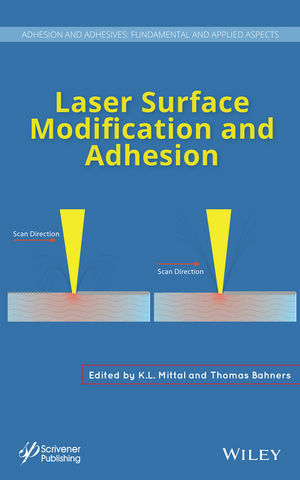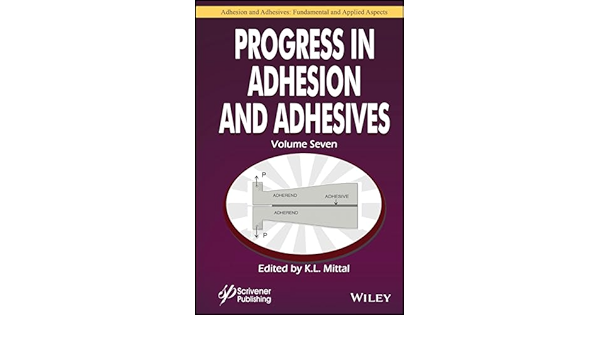Ask Dr. Dave
QUESTION: What choices do I have for high-strength bonding to surfaces like polyethylene and polypropylene? I am aware of the use of cyanoacrylates, but can you recommend any alternative adhesives?
ANSWER: You are right that cyanoacrylates can be used with special primers to get very high strengths on these low-energy plastics. However, the major limitation with cyanoacrylates is their very high cost, which normally limits applications to relatively small bond areas. Two-part acrylic systems that give good strengths on these plastics have been available for some time, but are based on the use of methyl methacrylate monomer (the so-called "MMA" adhesives). While being very effective in promoting adhesion, methyl methacrylate has a noxious odor and is quite flammable. Recently, a few companies have introduced acrylic adhesives using less volatile and less flammable monomers based on novel cure systems using complex boron alkyls as the key component of their cure system. These adhesives have been successful in bonding a wide range of low-energy plastics (including polyethylene, polypropylene and thermoplastic olefins) to themselves or to metals. The major limitation of these adhesives is their very long fixture time (typically 2 to 3 hours), which limits their range of application. We hope to see developments to shorten these fixture times in the near future.
QUESTION: Anaerobic adhesives have been around for many years, and there seem to be many suppliers these days. What risks do I take in moving away from the leading brand names to an alternative brand in order to save some money?
ANSWER: This is always a difficult question for me to answer because I was involved for many years in helping to develop these adhesives for a leading global supplier. However, it is true that all the basic patents for these adhesives have now expired and several companies make good standard products. You should work with companies who have ISO certification and have products approved to the relevant MIL Specs or automotive specifications. Always make sure that the supplier can provide appropriate technical data sheets and certificates of analysis for each batch; I would also recommend that you carry out your own testing, including speed-of-cure, strength-plus-fluid and heat-resistance. Another important factor to take into account when choosing a supplier is the level and speed of technical service that they supply. Although technical service may not often be required with simple threadlockers, for example, it is often very desirable for structural anaerobic adhesives. The leading companies continue to innovate with patented surface-insensitive products, semi-solid versions, etc., and you should also consider this when choosing which companies to deal w
Q&A Exchange is written by Dr. Dave Dunn of F.L.D.Enterprises, a technical consultancy and full-service industrial market research firm specializing in the adhesives, sealants, specialty rubbers, and plastics fields. Dr. Dave is a former vice president and director of Loctite Corp., and has spent many years troubleshooting adhesive and sealant problems. Questions for publication should be directed to him at 242 Trails End, Aurora OH 44202; (330) 562-2930; fax (865) 251-9687; e-mail DrDave242@att.net; or visit www.fldenterprises.com.ith.
Looking for a reprint of this article?
From high-res PDFs to custom plaques, order your copy today!





